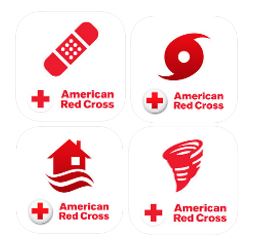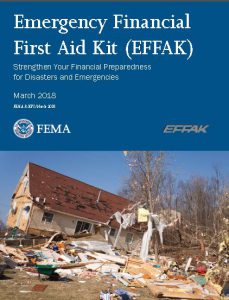Floods are the most common natural disaster in the United States, and this is especially true for us in Northern Virginia. Take the time to prepare now:
- Know your area’s type of flood risk. Visit FEMA’s Flood Map Service Center at https://msc.fema.gov/portal for information.
- Sign up for your community’s warning system. The National Oceanic and Atmospheric Administration (NOAA) Weather Radio also provide emergency alerts.
- If flash flooding is a risk in your location, monitor potential signs such as heavy rain.
- Learn and practice evacuation routes, shelter plans, and flash flood response.
- Gather supplies in case you have to leave immediately or if services are cut off. Keep in mind each person’s specific needs, including medication. Don’t forget the needs of pets. Obtain extra batteries and charging devices for phones and other critical equipment.
- Obtain flood insurance. Homeowner’s policies do not cover flooding. Get flood coverage under the National Flood Insurance Program (NFIP).
- Keep important documents in a waterproof container. Create password-protected digital copies.
- Protect your property. Move valued items to higher levels. Declutter drains and gutters. Install check valves. Consider a sump pump with a battery.
For more information about flood preparedness, visit http://www.vaemergency.gov/Floods and https://www.ready.gov/floods.




